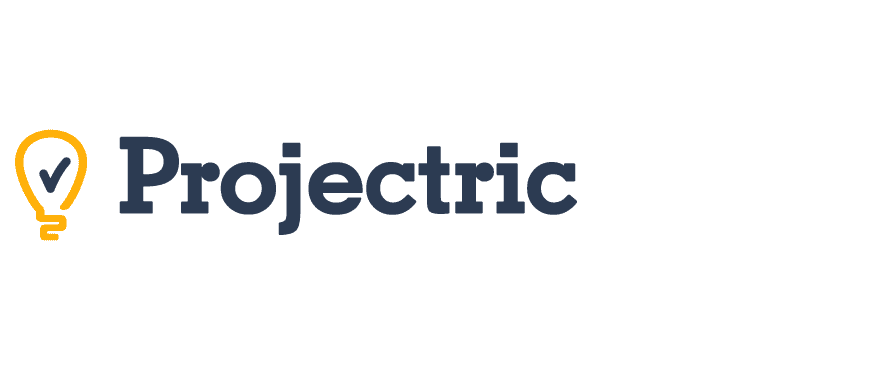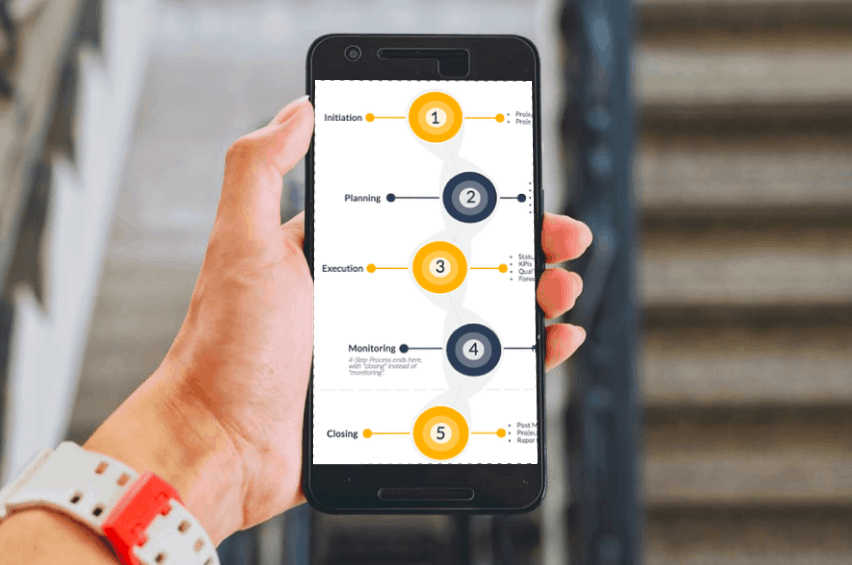Understanding Project Software Acronyms
Quick Take: Project Management jargon can be difficult to wrangle Understand what PM, PM (not a typo), PMP®, PgM, EPM, PMO, PMBOK, and PPM mean PM can mean Project Manager or Project Management Project Portfolio Management (PPM) enables organizations to place a framework around project management that enables them to effectively manage projects, no matter how small or large Get Up to Speed on the Lingo When your organization realizes it is time to find and apply a management software for ongoing projects, you might become quickly overwhelmed. To start with, there are several popular acronyms concerning project management that you’re likely to run into: PM PM (not a typo) PMP® PgM EPM PMO PMBOK PPM Let’s take each of these in turn. Project Manager (PM) PM can mean Project Manager, as in, “I’ll have to ask my PM if they can crash the schedule.” The PM is the person responsible for ensuring that the project produces the approved scope (stuff that needs to get done) in a set period of time with the agreed upon resources. Project Management (PM) PM can also mean Project Management, the process of running effective projects. (Confused yet?) Projects are endeavors that are unique—not part of the normal operation of an organization—temporary, have a defined beginning and end, a defined scope, and resources, both human and otherwise, that are dedicated to the project for a set period of time. Project Manager Professional (PMP) A PMP is a project manager who has received a PMP certification from the Project Management Institute (another acronym: PMI). According to PMI, a PM with a PMP is skilled in People: emphasizing the soft skills you need to effectively lead a project team in today’s changing environment. Process: reinforcing the technical aspects of successfully managing projects. Business Environment: highlighting the connection between projects and organizational strategy. Program Management (PgM) PgM can mean either Program Management, the practice, or Program Manager, the person who manages programs. In any case, PgM involves managing several related projects, known as a progam. PMI defines a program as “a group of related projects managed in a coordinated manner to obtain benefits not available from managing them individually. Program management is the application of knowledge, skills, tools and techniques to meet program requirements. Organizations with mature program management are far more successful than those without it, according to our research.” Enterprise Program Management (EPM) Wikipedia has a good description of Enterprise Project Management. It is “the field of organizational development that supports organizations in managing integrally and adapting themselves to the changes of a transformation. EPM is a way of thinking, communicating and working, supported by an information system, that organizes enterprise’s resources in a direct relationship to the leadership’s vision and the mission, strategy, goals and objectives that move the organization forward. Simply put, EPM provides a 360 degree view of the organization’s collective efforts.” Project Management Office (PMO) PMO could mean Project Management Office or it could mean Program Management Office. We’ll stick with the first meaning. Wikipedia defines a PMO as “a group or department within a business, government agency, or enterprise that defines and maintains standards for project management within the organization. The PMO strives to standardize and introduce economies of repetition in the execution of projects. The PMO is the source of documentation, guidance and metrics on the practice of project management and execution.” Project Management Book Of Knowledge (PMBOK) The PMBOK is the project manager’s bible, produced by PMI and used by millions of PMs across the globe. PMI says that the guide represents good practice for most projects most of the time. Its contents are based on consensus among project management experts. Wikipedia says the PMBOK “overlaps with general management regarding planning, organizing, staffing, executing and controlling the operations of an organization. Other management disciplines which overlap with the PMBOK Guide include financial forecasting, organizational behavior, management science, budgeting and other planning methods.” Project Portfolio Management (PPM) One very effective way to corral all the acronyms and place them in a practical framework is called Project Portfolio Management. This technique enables organizations to place a framework around project management that enables them to effectively manage projects, no matter how small or large. Managing with PPM is quite different from other techniques. One of the biggest emphases in PPM is making sure that: The right projects are selected At the right time Aligned with the organization’s needs and strategies With the right resources available Planned and resourced for success And that subsequently deliver the right outcomes PPM starts by dividing the work into projects, portfolios, and sometimes programs. A portfolio is a collection of projects or programs or activities that have some characteristic in common. They may be sponsored by the same stakeholders, or are aligned to solve similar problems, or otherwise make sense to group into a portfolio. Using Project Portfolio Management PPM is a comprehensive way to effectively manage all the projects, programs, and profiles in your organization using PPM software. To further delineate the difference between project management, program management, and portfolio management, let’s dive a little deeper into these processes and the software that can support them. Project Management The basis of PPM is good project management. Project management focuses on the care and feeding of one or more projects. Definition: Project management is the process that ensures projects achieve the desired objectives set out in the project charter. Process: Initiate the project Develop a plan Control the project activities throughout its lifetime Complete the project according to the approved plan Close the project on time and within budget Software: Project Management software involves tools that organize day-to-day project planning, tracking, and monitoring. This type of software has features such as milestones, Gantt charts, budgeting, calendars, and timesheets. Project management software significantly improves collaboration, increases clarity, and helps teams stay on task. Program Management Many organizations use Program Management in which several similar projects are gathered under the same management. Definition: Projects in a program are managed a
Understanding Project Software Acronyms Read More »











